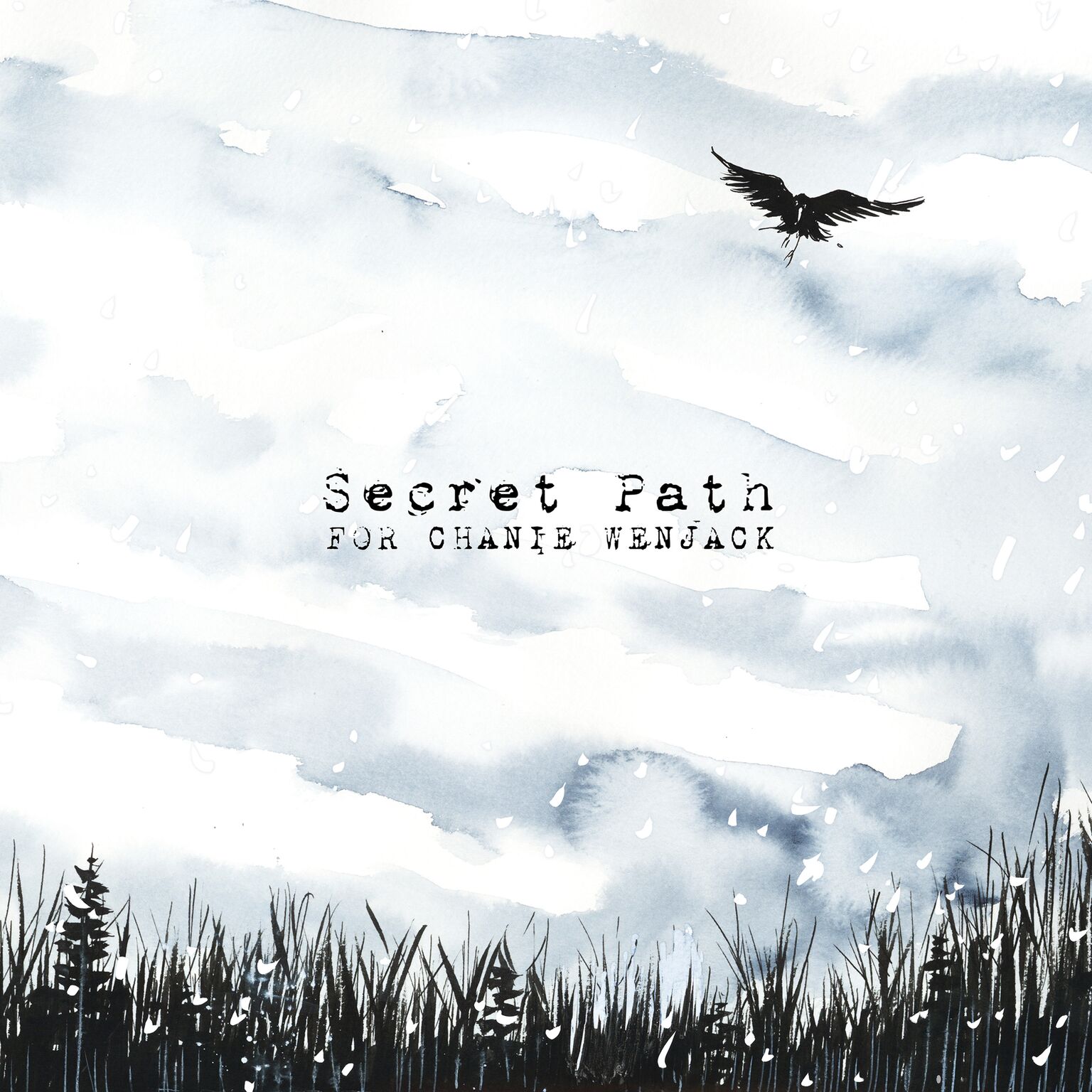The recent release of Gord Downie’s “Secret Path,” together with a graphic novel and a film that can be viewed on CBC’s website, has sparked what hopefully will be not only a conversation about Canada’s relationship with indigenous peoples, but also a movement for change that, as Downie has said, will ensure that Canada really can “celebrate the next 150 years” (referring to next year’s sesquicentennial of Canadian confederation).
This isn’t a conversation that only Canadians should have, however. We here in the United States have our own abhorrent history of relations with indigenous peoples: Over 500 broken treaties (as of this writing). King Philip’s War, in seventeenth-century New England. The Trail of Tears. Custer’s “Last Stand.” Leonard Peltier. The current standoff over the Dakota Access Pipeline.
The recent crisis of suicides faced by Canada’s native communities is mirrored here in the United States as well. According to the Pew Research Center, one in four Native Americans and Alaskan Natives lives in poverty. So Gord Downie’s message is one that we definitely need to hear.
A recent review of “Secret Path” points out that the lyrics are really only meaningful if one knows the broad outline of Chanie Wenjack’s story. This perhaps is true, but I don’t see it as a drawback – some works of art and music require knowledge of context, and that is no bad thing. Being called to a deeper awareness of what is happening in the world is a noble undertaking for art, and “Secret Path” urges us not only to learn more but to do something with that knowledge.
“Secret Path” is a harrowing listen from start to finish when one does know the context. Traveling with Chanie to the inevitable conclusion of the story, Downie powerfully evokes first the powerful urge to return to the home from which Wenjack was forcibly taken, then the frightening, cold, and ultimately fatal journey along the “secret path” of a railroad track.
I’m not certain any other musician could have told the story so well. And it is difficult not to read some of Downie’s own personal struggles (namely, his diagnosis with terminal brain cancer) into the lyrics, particularly on the first track, “The Stranger”: “And what I’m feeling is anyone’s guess/What is in my head?/And what’s in my chest?” (The album was recorded in 2013, well before Downie’s diagnosis.) The double gravitas of Downie’s already substantial reputation as a musician and his fearsome efforts to do this important work while he lives lends a critical weight to the conversation he is attempting to launch.
This spare, powerful album is well worth the listen – and hopefully it will move others not just to listen, but to act.
~ L


